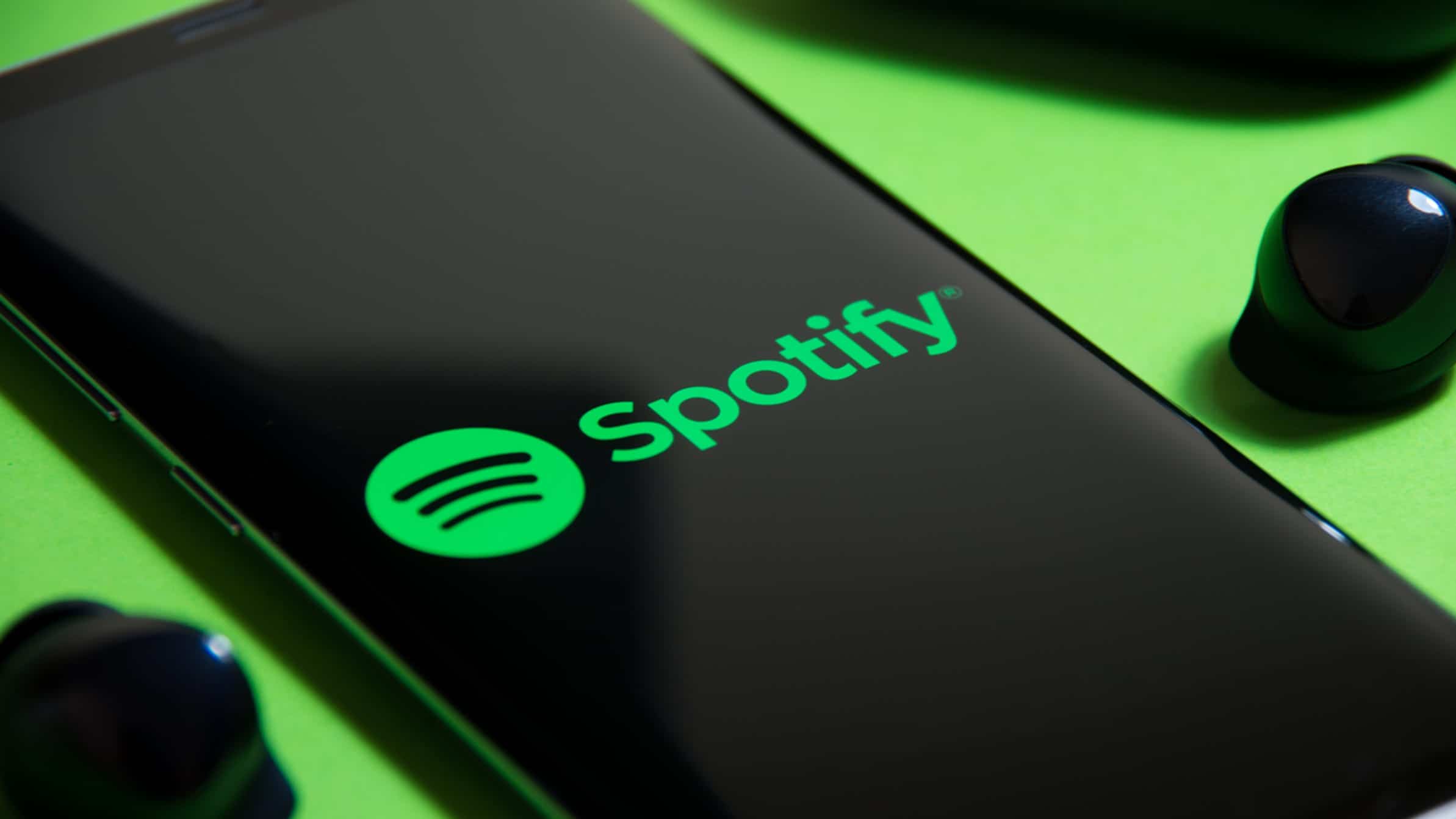

Spotify removes Russian artists who openly support Ukraine invasion
Although Spotify is the leading streaming platform for music around the globe, the company is not without controversy. Now the platform has taken steps to remove Russian artists from the platform who have openly supported the invasion of Ukraine.
Recent months have seen Spotify in the news for a variety of reasons. CEO Daniel Ek is renowned for his public comments regarding artists and the platform’s low royalty payments. With the platform currently raising its prices yet again for users, the company has continued to receive pushback from listeners and artists alike. This week, the platform is making headlines for a very different reason. It has taken steps to remove several Russian artists from the platform for their support of their country’s invasion of Ukraine. The ongoing conflict began in early 2022 and has been a constant global concern with death and destruction on both sides.
Spotify officially launched operations in Russia in July 2020 but opted to cease work there in 2022 following the invasion of Ukraine. While the platform no longer operates in the country, Russian artists still exist on the platform. Now the streaming service has deleted the pages of Shaman (Yaroslav Dronov), Chicherina, Polina Gagarina, Grigory Leps, Oleg Gazmanov, and the band “Lyube” following the European Union’s decision to impose sanctions against them for their support of Russia’s invasion. As Spotify continues to grow and evolve its global reach, this step shows its willingness to take extreme stances at times in order to align with larger global concerns.


- AVALAN ROKSTON Cover Interview
- Raver Passport: Summer Destinations
- Baleric Beat: A Brief History of Ibiza's Iconic Sound

